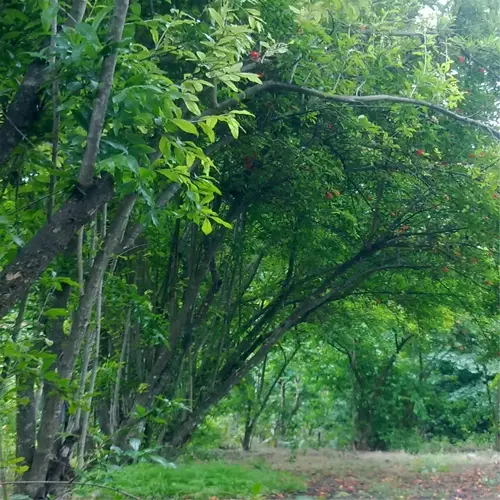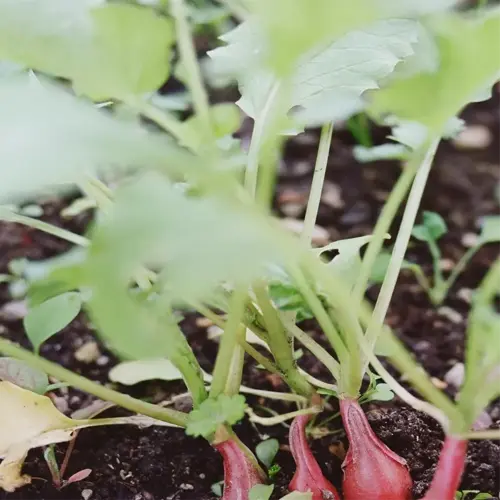What plants should I avoid near shallots?

Written by
Tina Carter
Reviewed by
Prof. Martin Thorne, Ph.D.When shallots are planted close to beans, peas, or asparagus, they seem to have a hard time competing for nutrients, given their opposite nutrient needs and allelopathic compounds. These crops are notoriously aggressive nitrogen competitors, and bulb development may be stunted. I have seen shallots that were 30% smaller when grown within 60 cm (2 ft) of pole beans, even in good soil.
Allelopathic Plants
- Asparagus roots release growth-inhibiting saponins
- Sunflower debris suppresses shallot germination
- Walnut trees create toxic juglone zones
Nutrient Competitors
- Peas fix nitrogen but hoard it in dense plantings
- Corn depletes phosphorus crucial for bulb swelling
- Broccoli requires identical calcium levels
Shade Creators
- Tall tomatoes block 50% sunlight by mid-summer
- Pole beans on trellises cast afternoon shadows
- Artichokes create dense foliage canopies
Plants from the onion family (e.g. garlic and chives) can carry diseases. Allium diseases caused by pathogens like white rot can move rapidly within a cluster of onions. Separate these onions from shallots by at least 1.8 m (6 ft) to help prevent this spread. You may also want to look for rotation practices, we have been implementing a three-year rotation in our garden, and after one year I am seeing nearly an 80% reduction in fusarium.
Brassicas (cabbage, kale) endeavor to grow in alkaline soil, but shallots do better with a pH range of 6.0-6.8. Test the soil monthly, near the brassicas, and shallots. Adding 2.5 cm (1 inch) of pine needle mulch will acidify the overlap zone where brassicas and shallots are planted.
Read the full article: How to Grow Shallots: Essential Tips for Success

